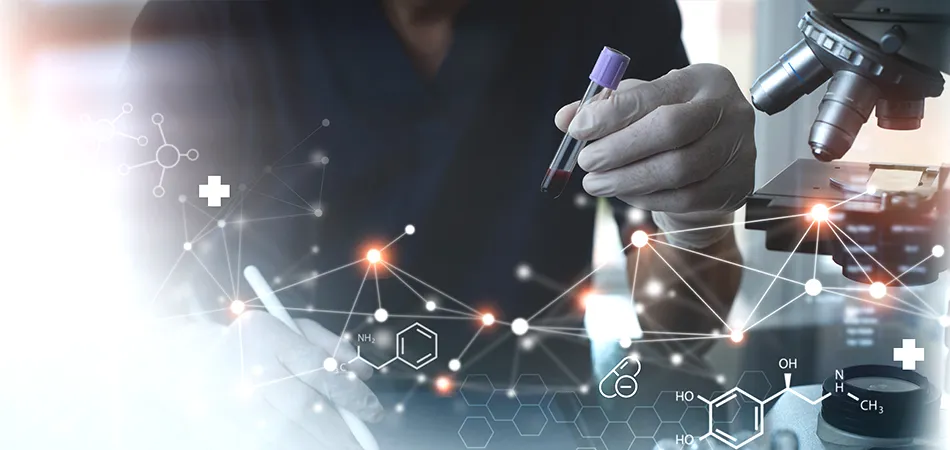
In the pharmaceutical industry, ensuring drug quality, safety, and efficacy is paramount. Analytical development plays a crucial role in maintaining these standards by optimizing methods for identifying, quantifying, and characterizing active pharmaceutical ingredients (APIs) and finished drug products.
With advancements in AI and automation, analytical development is evolving towards real-time monitoring and predictive analysis, ensuring quicker and more efficient drug testing and manufacturing processes.
IntroductionAn Abbreviated New Drug Application (ANDA) is the regulatory pathway for getting generic drugs approved by the U.S. FDA. Filing an ANDA is a strategic move that allows pharmaceutical companies... Read more
As pharmaceutical formulations become more complex, advanced analytical testing methods are essential to ensure drug safety and efficacy. Innovations in analytical technology are transforming the way pharmaceutical companies monitor and... Read more
IntroductionIn pharmaceutical manufacturing, even the best systems and equipment are only as good as the people operating them. Personnel and training audits are essential to ensure that staff members are... Read more